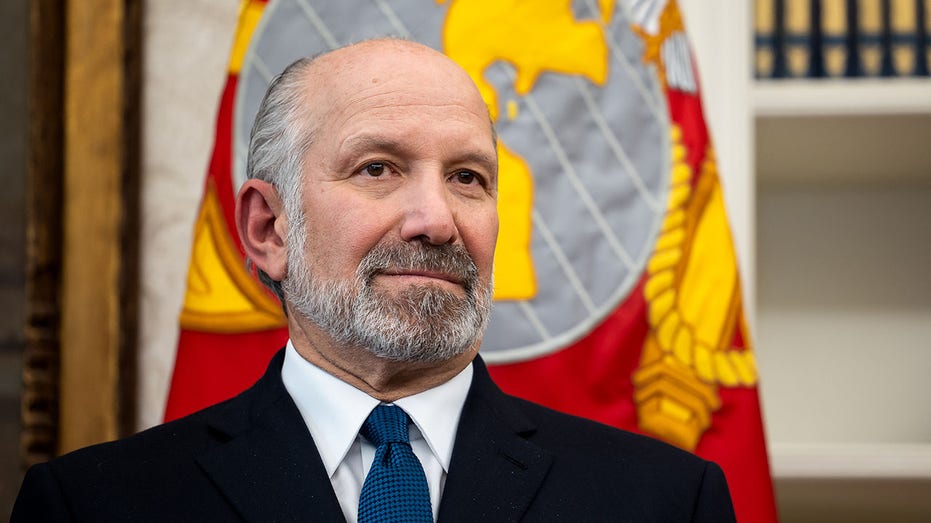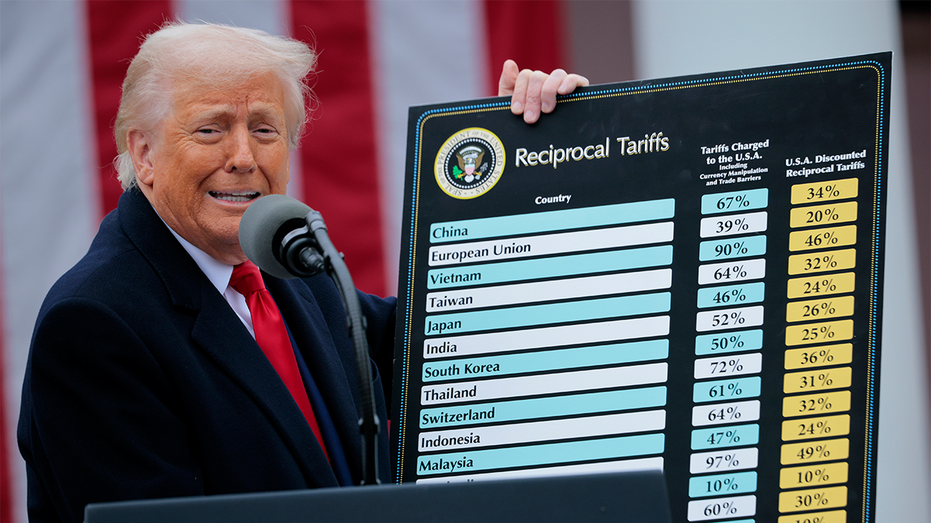

U.S. Commerce Secretary Howard Lutnick, speaking at the 2025 U.S.-India Strategic Partnership Forum (USISPF), outlined the future of U.S.-India trade ties, urging deeper economic cooperation in line with President Trump’s tariff-driven push.
"Earlier countries get a better deal. That's the way it is," Lutnick remarked during his keynote address at the USISPF on Monday in Washington D.C. "Those who come in, you know, July 4th to July 9th, there's just going to be a pile. But those who are earlier—and I think India's trying hard to be one of the earlier countries, which I appreciate."
The commerce secretary acknowledged the unusually rapid timeline the administration is pursuing in contrast to traditional multi-year negotiations.
"These kinds of deals used to take 2 or 3 years, and we're trying to get them done in a month, which is, you know, just not the ordinary DNA of trading relationships between countries," he said.

Howard Lutnick, US commerce secretary, in the Oval Office of the White House in Washington, DC, US, on Wednesday, March 26, 2025. (Francis Chung/Politico/Bloomberg via Getty Images / Getty Images)
Lutnick argued that the administration is not advocating for sweeping concessions from India, but "reasonable access to the markets of India."
"We would like our businesses to have reasonable access to the markets of India," he said. "Now, it's not going to be everything and it's not going to be everywhere. But we want to have the trade deficit reduced."

Commerce Secretary Howard Lutnick departs after U.S. President Donald Trump signs executive orders imposing tariffs on imported goods during a "Make America Wealthy Again" trade announcement event in the Rose Garden at the White House on April 2, 202 (Andrew Harnik/Getty Images / Getty Images)
In a Monday evening TruthSocial post, Trump doubled down on his core trade doctrine: "If other Countries are allowed to use Tariffs against us, and we’re not allowed to counter them, quickly and nimbly, with Tariffs against them, our Country doesn’t have, even a small chance, of Economic survival."

U.S. President Donald Trump holds up a chart of "reciprocal tariffs" while speaking during a "Make America Wealthy Again" trade announcement event in the Rose Garden at the White House on April 2, 2025 in Washington, DC. (Chip Somodevilla/Getty Images / Getty Images)
In April, Trump imposed a 27% reciprocal tariff on most Indian exports to pressure India into lowering its tariffs. While strategic sectors like pharmaceuticals were exempt, industries such as textiles and machinery were affected.
India has since avoided retaliation, opting instead to negotiate with the administration to ease the tariffs.
